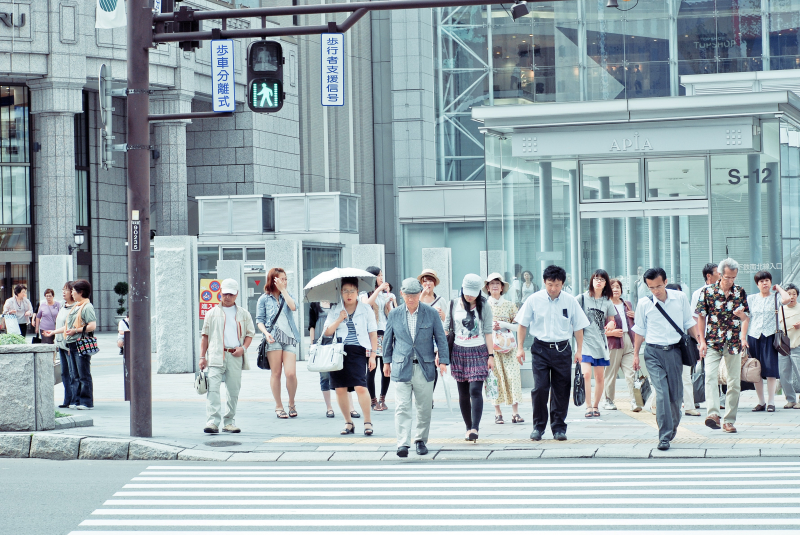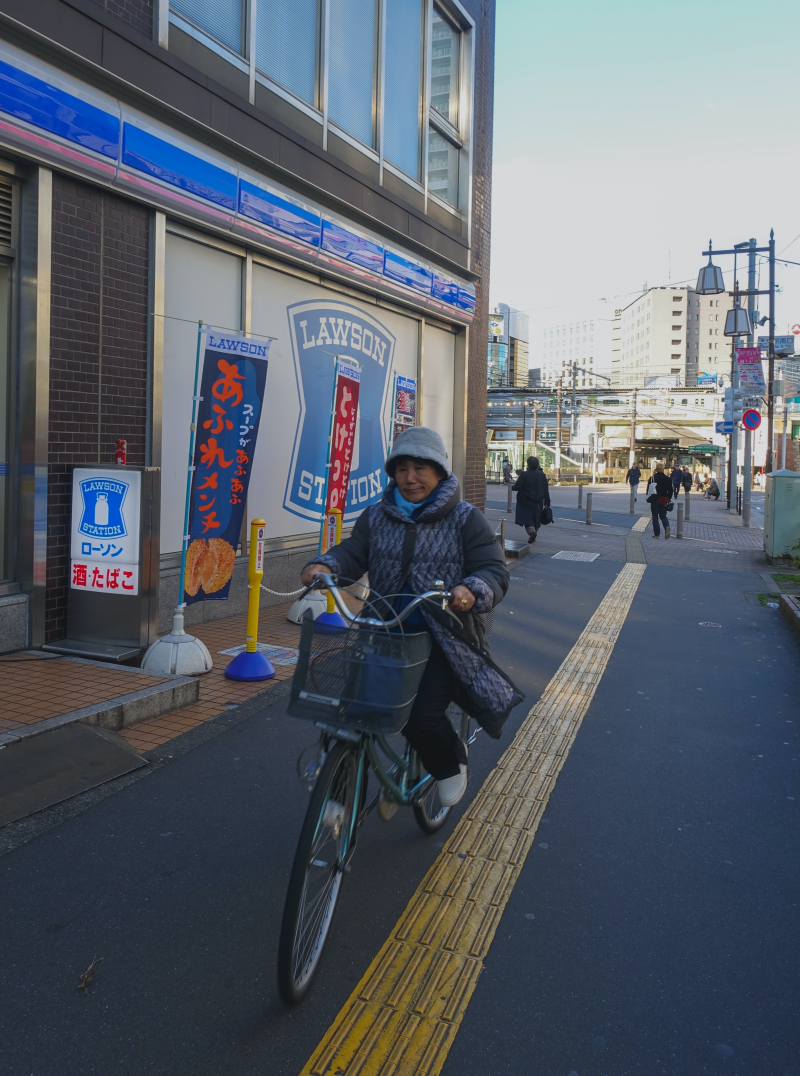Aging population
Japan has a rapidly aging population, with the proportion of people over 65 years old projected to rise from 26% in 2020 to 40% by 2060. This is putting pressure on the country's healthcare system and pension system and is reducing the number of people of working age.
Advances in medicine and healthcare have led to longer life expectancies in Japan, with more people living well into their 80s and 90s. This has resulted in a growing population of elderly citizens and a declining population of young people. Besides, Japan has a small but growing number of people who are choosing to emigrate in search of better job opportunities or a higher standard of living. This is particularly true of younger people, who are leaving the country in search of a brighter future.
The aging of Japan's population has far-reaching implications for the country's economy, healthcare system, and pension system. As the number of elderly citizens grows, the number of people of working age is declining, leading to a shortage of workers and putting pressure on the country's economic growth. Additionally, the cost of caring for the elderly is increasing, putting a strain on the healthcare system and the pension system.








